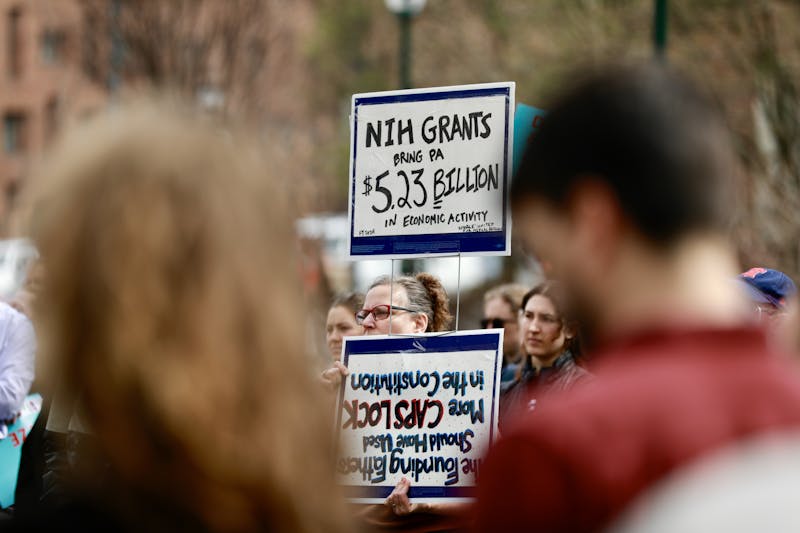After a sharp decline in minority enrollment following the elimination of affirmative action at the University of California at Berkeley's Boalt Law School, a Boalt committee recommended last week that affirmative action be restored at the law school on a socio-economic -- rather than racial -- basis. The law school formed an ad hoc task force on diversity and admissions in June 1997 after accepting an incoming law school class that was much less racially diverse than in previous years. No African Americans enrolled in the Class of 1997, a large decrease from the 20 enrolled in the class of 1996, while the number of Latinos fell from 28 in 1996 to seven in 1997. But while matriculants of Native-American and Asian-American descent also declined in the class, the number of enrollees defined as belonging to other racial groups such as Caucasian rose. The four-person panel suggested modifying the admissions policies, said Boalt Professor Rachel Moran, a member of the committee. She explained that affirmative action based on socioeconomic status does not violate California's Proposition 209, the controversial measure that eliminated affirmative action on the basis of race, ethnicity and gender in any state agency. Socio-economic affirmative action examines each applicant's educational opportunities, their parents' educations, the areas in which they were raised and their family's income level, among other factors. The system is theoretically race-neutral. Last year, Boalt used a two-tier admissions system in which either the admissions director or members of his staff read every application, Moran explained. The admissions staff can either admit an applicant, reject the student outright, or give the application to a committee composed of law school faculty and staff for review. In an effort to increase the diversity of Boalt's incoming classes, the task force proposed expanding the number of applications read by the admissions committee by considering people with strong grades but low Law School Admissions Test scores, rather than eliminating such applications immediately. The task force also recommended expanding applicants' personal statements to include information about any discrimination they might have encountered, Moran said. Proof of such discrimination would merit special consideration. Additionally, the task force recommended studying alternative admissions methods, such as that used by the law school at the University of California at Los Angeles. At UCLA, law school admissions personnel consider all students above a minimum academic cut-off, who are then assigned extra points based on their socio-economic background. Students above a certain threshold number are admitted to the school. Interestingly, the UCLA policy -- which was implemented on an experimental basis -- changed both the racial composition of the school and the socio-economic make-up of each racial group, Moran said. Within the white students in each class, for example, UCLA's policy led to an increase in poorer students of Russian and Eastern European descent, she added. The task force's 80-page report was presented to Boalt's dean, as well as to its admission committee, Boalt spokesperson Nola Yee said. The two will then present individual components of the report to the faculty for approval "over the next month or so."
The Daily Pennsylvanian is an independent, student-run newspaper. Please consider making a donation to support the coverage that shapes the University. Your generosity ensures a future of strong journalism at Penn.
DonatePlease note All comments are eligible for publication in The Daily Pennsylvanian.







